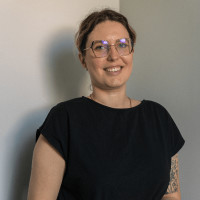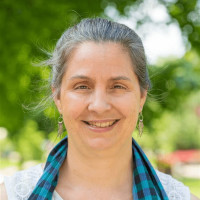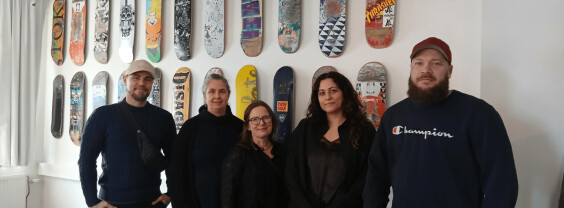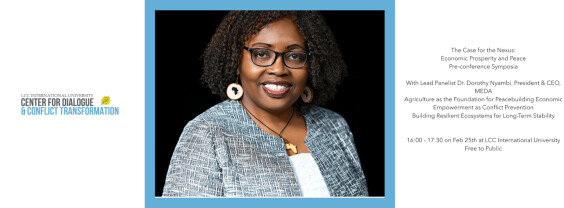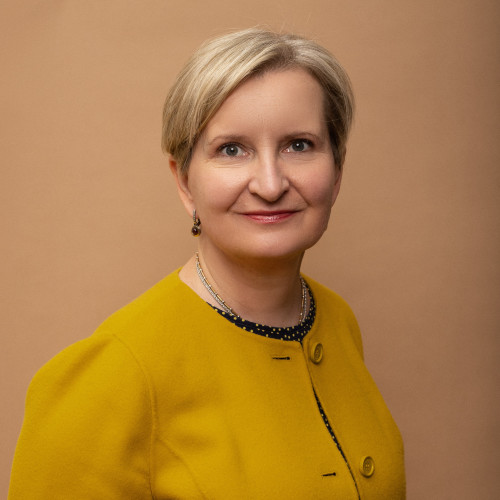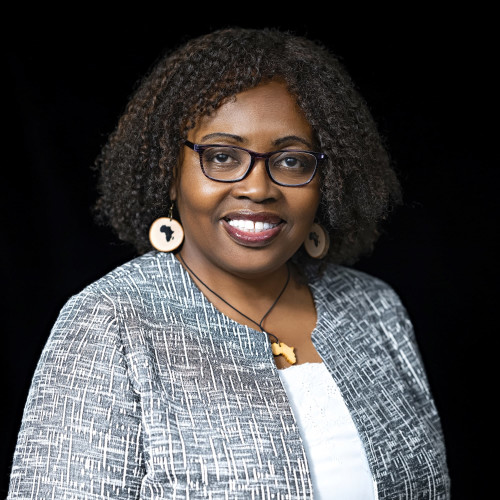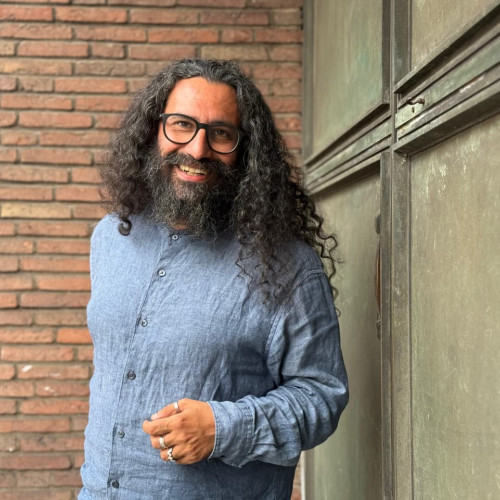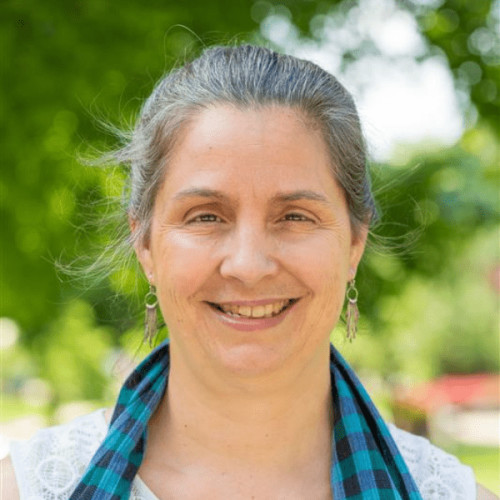
“WELCOME FROM THE DIRECTOR”
As the African quote reminds us, “if you want to go fast, go alone. If you want to go far, go together.” The Center for Dialogue and Conflict Transformation seeks to engage with LCC students, staff, local and international researchers, practitioners, activists, and communities to promote and strengthen a culture of peace both locally and globally. We invite you to join us on our journey towards building peace.
Naomi Enns
Director, Center for Dialogue and Conflict Transformation

